The International Commission on Missing Persons (ICMP) is a unique organisation based in The Hague that works with governments and civil society to address the issue of people who have gone missing as a result of armed conflict, human rights abuses, natural disasters, organised crime, irregular migration, and other causes.
The first organisation of its kind in the world
The ICMP (International Commission of Missing Persons) was created at the initiative of US President Bill Clinton in 1996 at the G7 Summit in Lyon, France. Its initial remit was focused on the aftermath of the Balkans conflict, but was extended globally in 2004. In 2015, ICMP became a treaty-based intergovernmental organization with a headquarters in The Hague. In the last two decades, the ICMP has contributed to the identification of more than 20,000 people in 40 countries.
At its accredited and quality assured labs in The Hague, ICMP scientists analyse human remains - mainly teeth and bone fragments - that have been retrieved from conflict zones, mass graves, or other locations. They then attempt to match the recovered DNA against reference profiles donated by family members. Looking to the future, ICMP could also use genetic kinship matching to reunite families that have been separated, for example children who have been illegally separated from their families.
Now, breakthroughs in DNA testing from the wider scientific community are being applied to the ICMP’s work, bringing new hope to families who have spent decades waiting for news of their missing loved ones. It is now possible to extract much more information from a single bone fragment - from only 20 or 30 genetic markers to more than 5,000. This provides higher levels of certainty when making identifications and allows the team to go back much further in time when matching DNA to profiles of living relatives.
This new technology is being coordinated by the ICMP and the Vietnamese government. More than 50 years have passed since the end of the Vietnam war, but thousands of bodies of both civilians and combatants remain unidentified due to the extremely challenging conditions they were found in.
Using these advanced DNA testing techniques, we are now able to support the identification of decades-old remains, even those that have been left in extremely warm and humid environments where DNA quickly degrades. In the Vietnam context, these advancements now mean reference samples from living people can be used to match the remains of their great-great-grandparents. ICMP has never been able to go back that far before. This new technology has extremely exciting potential for identifying people that have been missing for generations.
Locating the living as well as the dead
The work in the physical laboratory in the Netherlands only represents a part of the ICMP’s wider mandate. Much of the team’s time and resources are spent raising awareness, training local teams in the field, and negotiating with governments as they build their own legal frameworks around missing persons. Its work takes the core ICMP team around the world, from conflict zones to areas ravaged by famine, illegal migration, and natural disasters.
“The issue of missing people is as old as time. Whether they have disappeared due to conflict, trafficking, natural disasters, or migration, governments have a responsibility to ensure their human rights are recognised and respected. While a lot of the work we do is technical and scientific, every missing person case has a human being at its heart, and our true mission is to ensure that states take on their legal and moral obligations to secure the human rights of families of the missing.”
In Ukraine, where the Russian invasion is still ongoing, the ICMP is working with Ukrainian and international partners to locate more than 30,000 missing people, including many children separated from their families by the fighting. It is the first time this type of complex operation - which includes investigations into potential war crimes - has taken place while a conflict is still active. In coordination with Ukrainian authorities and civil society, ICMP is collecting thousands of reference samples from refugees who have escaped the conflict and are now living overseas. In cases like these, the sense of urgency is palpable, with the potential for not only identifying the dead, but also locating the living - and reuniting families separated by war.
The ICMP plays a vital role as a mediator between governments and civil society. It is also a valuable resource for family groups, advising them on their rights under national and international law to have the cases of disappeared family members investigated and to ensure that their rights to justice, truth and reparations are secured.
Who are The Missing?
Imagine a world where secrets vanish into thin air, leaving behind only questions. A missing person—a phantom in the fabric of reality—holds both mystery and urgency. From children to mentally competent adults, their absence echoes through time. But what if their vanishing act conceals more than we realize? Dive into the enigma of missing persons, where criminal tribunals seek evidence, humanitarian efforts soothe anguish, and gaps widen as approaches collide.
Documentary on Channel 4: The Hunt for Ukraine's Stolen Children: DISPATCHES
Along the dangerous borderlands of war-torn Ukraine, Dispatches follows investigators searching for evidence of the abduction and deportation of thousands of Ukrainian kids.
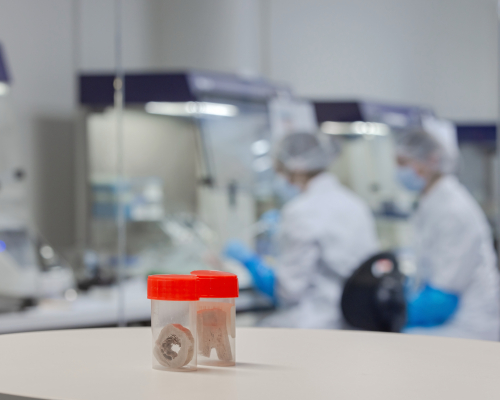

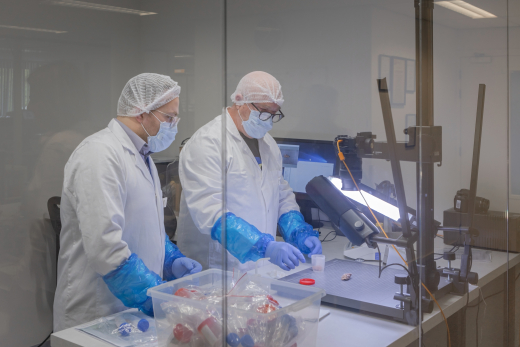
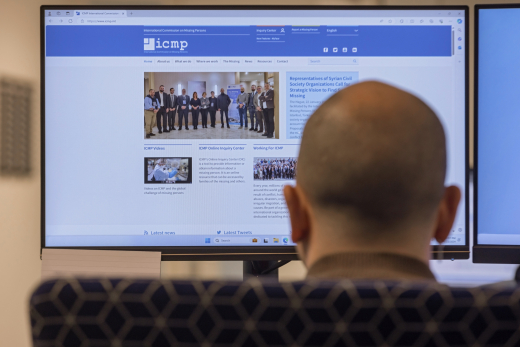
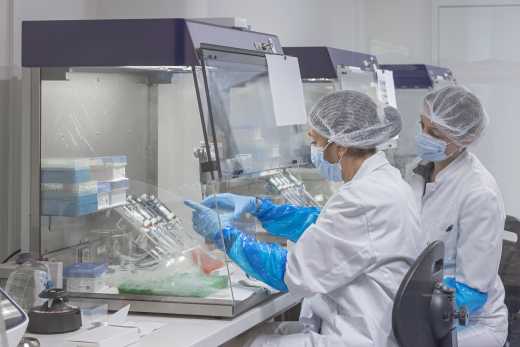
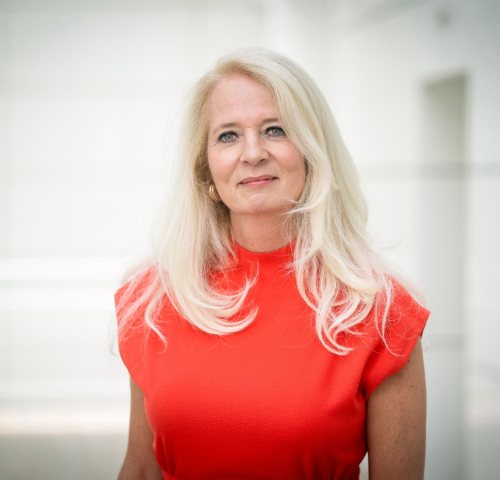
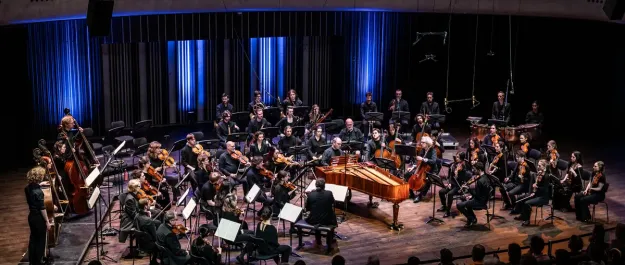
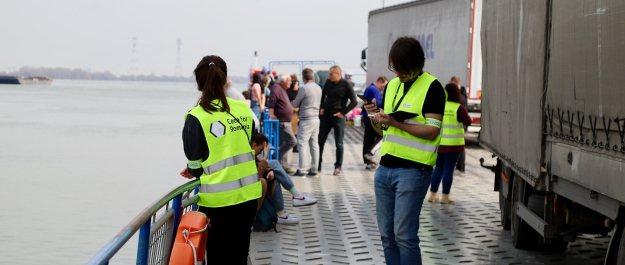
![Safiye Janson and Lotte Ottevanger in front of their project [S]exposed. Photo credit: Shari de Boer. Safiye Janson and Lotte Ottevanger in front of their project [S]exposed. Photo credit: Shari de Boer.](/sites/default/files/styles/keyvisual_mini_small/public/dam_media/08.Shari_de_Boer_%2528S%2529exposed.jpg?h=1247a3be&itok=zNUsmEyV)